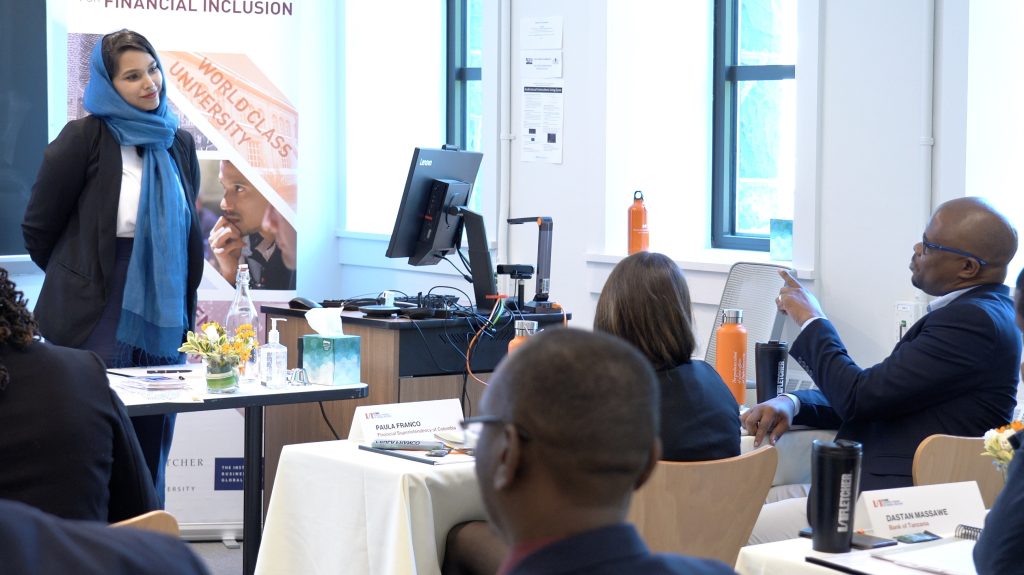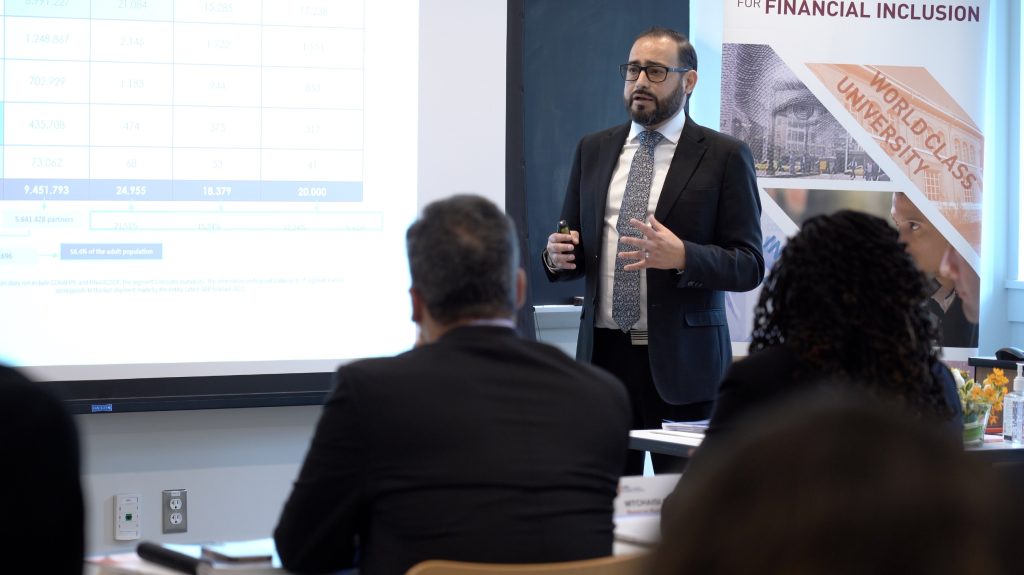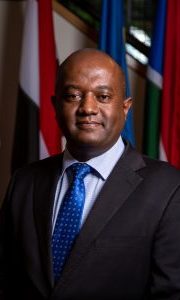Fellow Spotlights
A distinguished alumnus of FLPFI from Tajikistan was appointed as the Chairman of the National Bank of Tajikistan. Mr. Tolibzoda Firdavs started his career at the National Bank in 2003 with the licensing division of the banking supervision department. He rose through the ranks to become the Leading Economist of Banking Supervision and more recently, as the Deputy Director of Banking Supervision at the National Bank of Tajikistan. Mr. Firdavs shares that “in this path FLPFI has its own place”. FLPFI wishes to congratulate Mr. Tolibzoda Firdavs and wish him the best in his new role.
Another distinguished alumnus of FLPFI from Bangladesh was recently appointed as the deputy governor of the Bank of Bangladesh. Habibur Rahman is a 2013 fellow of the program whose policy idea for his fellowship with FLPFI involved examining the problems associated with the unbanked in Bangladesh. Dr. Rahman shares that “I’m excited for the next chapter in my journey as a financial inclusion champion and I feel proud to be part of the FLPFI community that has supported me along the way”. Prior to his new appointment, Mr. Rahman was the Chief Economist of the Bank and will now serve as the Deputy Governor for a period of three years. FLPFI wishes to congratulate Mr. Habibur Rahman and wish him the best in his new role.

Faiqa Naseem, 2018 FLPFI alum, shared her experience with the FLPFI 2023 fellows, describing how she applied the 8QM method in drafting the “Banking on Equality Policy for the State Bank of Pakistan”, launched in 2021. This was the first gender mainstreaming policy in Pakistan. The published policy document included a master circular containing detailed regulatory instructions, setting the headline targets for closing the gender gap in finance. The initiative paved the way for embedding a gender lens in the policies and practices of Pakistan’s financial sector. As a result, the gender gap in financial inclusion narrowed by 3%, decreasing from 38% in 2021 to 35% in 2022.

Similarly, Jorge Moncayo, 2020 FLPFI alum, shared his experience of applying the 8QM method in addressing the existing gender gap in financial inclusion in Ecuador, with the FLPFI 2023 cohort. Jorge and his team worked on a policy solution called “Regulation for the Projection of Financial Users with a Gender Perspective”, to address the gender gap in the accessing and using financial services and products. Their efforts aimed to promote access to financial education, as well as design and offer products with a gender perspective in Ecuador.
FLPFI Alumni are a very accomplished group of individuals working at Central Banks, Financial Regulation Agencies, or public and international agencies related to the promotion of financial inclusion in over 55 countries around the globe.

Vice Governor-Corporate Service National Bank of Ethiopia
Eyob began the fellowship concerned that Ethiopians under 30 years old make up over 70% of the population and 22% of this age group was facing unemployment in 2018. What shocked him most was that this segment of the population was technologically savvy and had access to mobile phones but was not taking advantage of digital financial services. Moreover, according to World Bank data, only 1% of Ethiopians used mobile phones to access accounts and only 9% had made or received digital payments. Seeing this as a missed opportunity, Eyob used the fellowship to design a policy that would develop a regulatory sandbox, so that innovative financial services that rely heavily on technology could be offered to tech-savvy financially excluded young adults, while preserving the oversight capacity of NBE.
Ethiopian regulation has since changed, favoring the promotion of DFS, allowing non-traditional financial actors to join the market. In fact, due to Eyob and other FLPFI alumni’s efforts, since 2020 telecom operators are allowed to provide mobile money alternatives in the country. While digital financial services consolidate, Eyob is already thinking ahead, focusing on how to make sure that the introduction of new actors leads to more access to formal financial services for Ethiopians under 30 years old.


